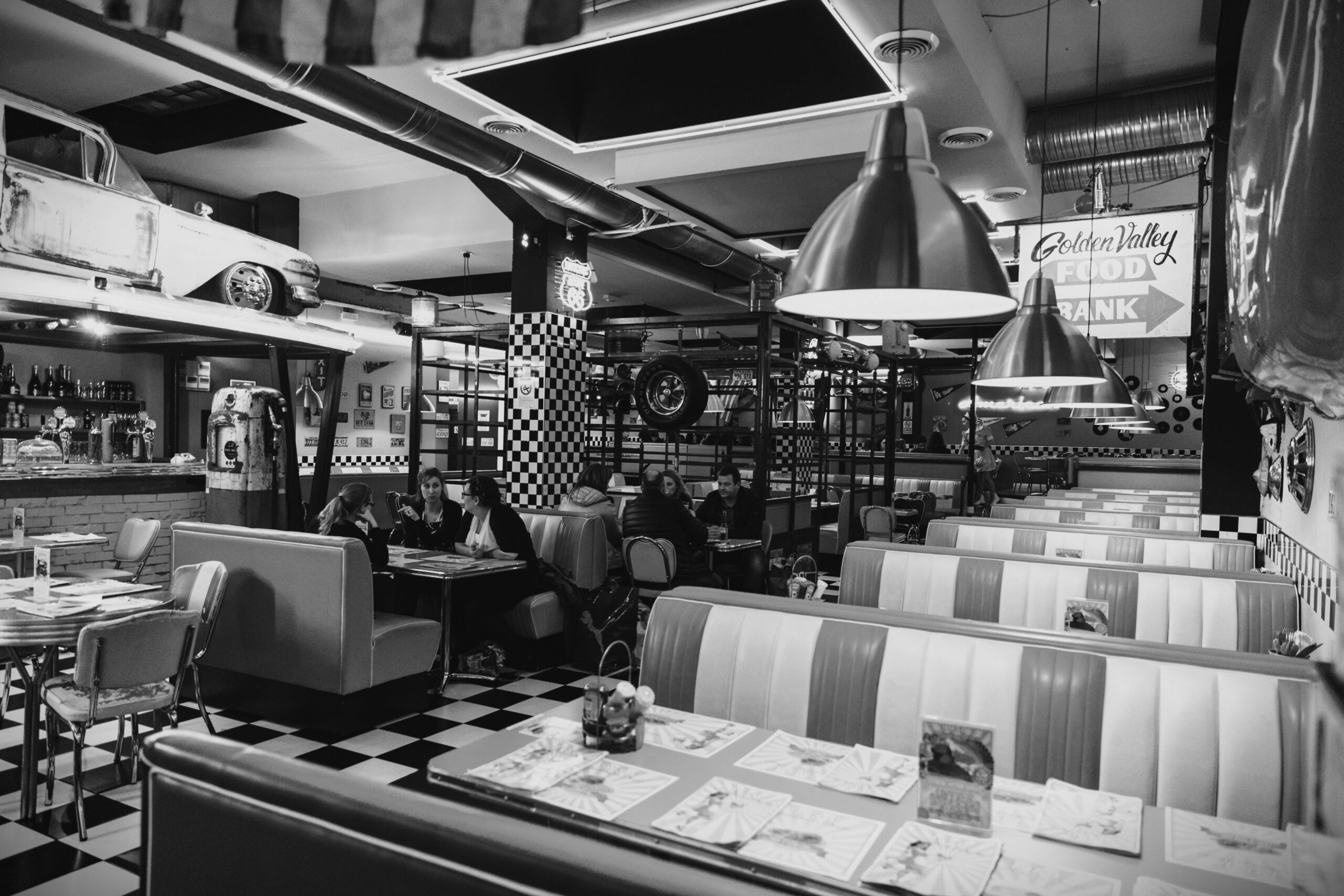


The Road to Restaurant
The dream of seeing your own name on the front of a building, having a home for your very own business is the most typical that most within hospitality have. And for good reason – who wouldn’t want to see their name up in lights?

So how do you go about bringing that idyllic vision to life? There are lots of factors to consider, so read on as we run through some of the more significant:
Increased overheads
While running a fixed site restaurant will certainly enhance your profit ceilings, enabling you to trade more and in theory make more money, it comes with much higher concrete costs – concrete in the sense that your overheads will be just as high from one month to the next, whereas your turnover can vary from month to month.
You’ll have to factor in the rent (assuming you’re leasing a property), insurance, utility costs, business rates, equipment, stock and of course wages for your staff. Naturally, this may have an impact on your menu and pricing. You’ve got to price your offerings at a level that allow you to cover your costs and make profit, but not too high to put people off.
Staffing
While you may have employed staff with your mobile / street food operation, this becomes more of a necessity with a bricks and mortar site. You will want to employ staff who actually want to work for you, offer them attractive terms of employment and be sure that you can trust them. Your staff usually form the first impression that customers have of your business, so this can’t be underestimated.
A customer’s entire experience with you can hinge on their interactions with staff members – positive ones can reflect well, bring them and others back, whereas negative ones can be very damning. A happy team makes for a positive workplace where you’re all pulling in the same direction, all aligned with the same mission, so feed that.
Opening hours
A restaurant can be an extremely demanding beast. Having worked in the sector, you will be well versed in the long, hard hours independent hospitality demands. The tendency with a bricks and mortar site can be ‘the more hours we’re open, the more trade we can do’. You need to be realistic about when it actually is profitable for you to open – it does you no good to operate at a loss, ever. Also, you don’t want to burn yourself out working every hour under the sun – prioritising your wellbeing is tantamount to prioritising the success of the business.
Just like with a mobile business where you trade at an event for a certain amount of hours, or pop-up somewhere for a limited spell, you can benefit from capitalising on exclusivity. If you’re only open a few days a week, in the evening, people will want to make sure they dine with you then. If you’re open every hour of the week, the consensus can be to take you for granted unfortunately.
The balance here though, is that you still have rent and bills to pay whether you’re open or not. So you need to figure out which days and hours are most profitable for you to operate – and be flexible too. You might want to open more / less in the summer than in the winter, for example. The key is to make it work for you.
A bookings policy is a good idea – you can offer bookings so you have a better idea of exactly how busy you’re going to be any given trading window, yes of course you may still want to allow for and allocate walk-in business, but a bookings system does go some way to giving you more control. You could demand a deposit for any bookings made, that acts as a deterrent for people not following up their commitment and ensuring that you do take some money and don’t potentially fall into a deficit.
Location is everything
You want to give your restaurant the best chance of success. One necessity of this, is ensuring you are going to open in a good location. That means it is somewhere that is convenient for people to get to. It doesn’t matter how incredible your food or service is, if it is inconvenient for people, you are capping yourself. Particularly with a first restaurant. Think about how many times you’ve gone out to eat somewhere quite average, because it’s located conveniently for you.
It pays to do your homework on this front. Yes you want to make sure you’re getting a good deal financially on the property in question, but you need to be realistic about how much money you’re going to make when operating there. So investigate the area. Spend time there at what would be busy trading hours for you. Some important questions to ask include
Do you have parking facilities, or can people park on the street nearby? Are there adequate public transport links? What’s the footfall like? Who are the other businesses operating in this area?
If you’re a chicken based business, and you’re looking to open up on a street where three already exist, you are facing an uphill battle right from the off. You want to bring something new, something unique, or something levels above competitors to the area. Also – if you are the only chicken business in the area, the proximity then plays into your hands.
You are never going to have the greatest culinary experience dining at a chain restaurant. Yet most of them open most days of the week and have more seats filled than empty at lunchtime or an evening. Why? Simple – they prioritise the location. Bang in the middle of a high street, next to retail spots, chain restaurants gain custom by default of placing themselves conveniently for people to get to.

